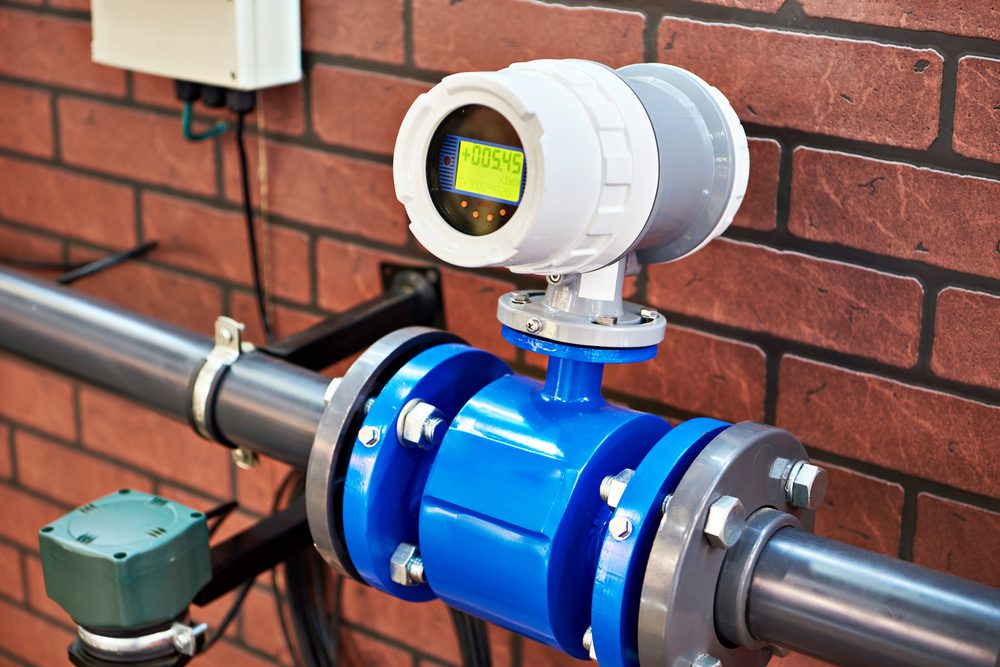
Flow meters play a crucial role in optimizing energy efficiency in HVAC (Heating, Ventilation, and Air Conditioning) systems, and understanding this involves delving into various aspects of their function and impact.
Operational Efficiency and Energy Management
Flow meters are crucial in monitoring and controlling the flow rates of fluids in HVAC systems, ensuring optimal operation. They provide real-time data, enabling the system to function efficiently by maintaining the ideal flow rate. This accurate measurement of flow rates is essential in both energy management and system performance optimization. By analyzing this data, it’s possible to identify areas for reducing energy consumption without impacting system effectiveness. Moreover, flow meters play a vital role in detecting system inefficiencies, like blockages or leaks, which can lead to energy wastage. Their ability to provide early warnings allows for prompt maintenance and prevention of larger issues. This proactive approach not only maintains the system’s energy efficiency but also extends its lifespan.
System Design, Integration, and Maintenance
The integration of flow meters with Building Management Systems (BMS) offers a comprehensive view of a building’s energy usage, facilitating sophisticated control strategies like demand-based control. This integration significantly contributes to energy savings. The data collected from flow meters is also invaluable in designing new HVAC systems. Engineers can utilize this information to create systems that are inherently more energy-efficient, aligning with the growing emphasis on sustainable building designs. Additionally, flow meters support the implementation of variable flow systems in modern HVAC units, adjusting flow rates dynamically to match heating or cooling demands precisely. This feature ensures the system only consumes the energy necessary for its operation, thus avoiding wastage.
Environmental, Economic, and Regulatory Impact
Flow meters indirectly contribute to reducing the environmental impact of HVAC systems by optimizing energy use, leading to lower greenhouse gas emissions associated with electricity generation. The energy savings achieved also translate into significant cost savings, particularly in large buildings where HVAC systems are major contributors to energy bills. Moreover, in many regions, there are stringent regulations related to energy efficiency in buildings. Flow meters help in complying with these standards by providing accurate performance data. They also enhance indoor comfort and air quality, which is crucial in specific settings like hospitals or laboratories, where precise temperature and humidity control are essential.
In summary, flow meters are indispensable in modern HVAC systems, significantly contributing to operational efficiency, system design and maintenance, and environmental and economic impacts. As technology advances, their role in optimizing HVAC system performance is expected to grow even more critical.
For over 60 years, Mid-West Instrument has been a leading provider of premium differential pressure gauges. Need help finding the right pressure gauge and equipment for your business? Reach out to us today to speak with one of our experienced professionals.

